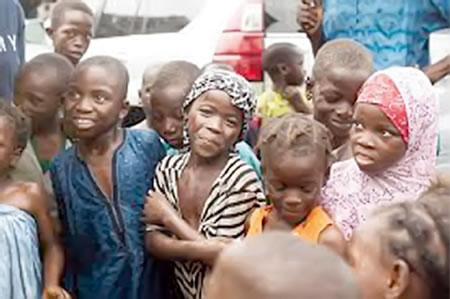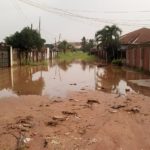A Non-Governmental Organisation (NGO), Legal Defence and Assistance Project (LEDAP), has said that about 13.5 million children in Nigeria are unable to access free and quality basic education.
According to research conducted by the NGO, girls in the North-East Sub-region constitute the higher percentage of the students.
While attributing the high number of out of school to insurgency, other insecurity, cultural and religious dispositions as well as poor funding, Pamela Okoreigwe, the Executive Programmes Manager of the organisation said.
Pamela Okoreigwe disclosed this in Yola on Wednesday at an advocacy campaign on the right to free, compulsory and quality education by all.
She added that the emergence of the COVID-19 Pandemic has further affected education as all schools in the country have remained closed throughout the COVID-19 lockdown.
She said: “It was against this backdrop that LEDAP in conjunction with Malala Fund is raising awareness on the right to free, compulsory and quality basic education in Nigeria.”
The project, she maintained is aimed at providing a solution to the low education enrolment and high rate of school dropout for children in Nigeria.
The manager commended the Adamawa State government for its efforts to providing free education and urged the governor to sustain it.
She, however, called on the Ministries of Education and Justice of Bauchi, Kano and Kaduna states to prioritise the right to education of the child in their agenda and to guarantee that no child is denied access to free education.
Speaking at the awareness campaign rally, Mr Sunday Stephen, Adamawa State Deputy Permanent Secretary in the Ministry of Education, further reiterated the resolve of the Governor Ahmadu Fintiri led administration to maintain its free education programme.
Mr Stephen added that the state government is ever willing to collaborate with NGOs and other voluntary bodies to achieve the desired advancement of education.
YOU SHOULD NOT MISS THESE HEADLINES FROM NIGERIAN TRIBUNE
CLAIM 1: A Twitter user claims UNICEF said any efforts to block children from accessing pornography might infringe their human rights.13.5 million children unable to access quality education in Nigeria ― LEDAP
13.5 million children unable to access quality education in Nigeria ― LEDAP






